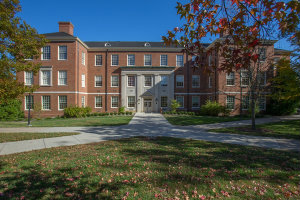
What Traditional Liberal Arts, Liberal Education, MOOCs, and Online Education Have to Offer
"MOOCs" are making a big splash in higher education. In some ways they disrupt traditional institutional structures, credit hours, and academic credentials. In other ways, they retain traditional formats such as "sage on the stage," teaching styles, passive learning and notions of "the course." Rather than think about how "MOOCs" will influence liberal arts education, perhaps it is time to flip the question. What does traditional liberal arts education have to offer "MOOCs"? The answer remains the enduring value of education that produces critical thinkers, life-long learners and economically and politically contributing members of society. But in order to accomplish that feat, liberal arts education may have to take a lesson from MOOCs on how to generate excitement for the deployment of technology in service of inter-institutional and even international classrooms, information competency and problem-solving based courses.
The Director of Information Technology Policy at Cornell University for 12 years,Tracy Mitrano has been a frequent speaker at conferences, colleges, and universities on the subjects of "virtual global universities" and the creation of international inter-institutional courses; on-line education; digital literacy and undergraduate Internet competencies; social networking; electronic surveillance; policy development, organizational development, and leadership programming; information management; and privacy, security, compliance, and risk management. Dr. Mitrano has English and History Bachelor of Arts degrees from the University of Rochester, Master's and Doctorate in American History degrees from Binghamton University, and a Juris Doctor degree from Cornell Law School. Before retiring from Cornell, Dr. Mitrano taught Computer Information Science and Social Policy, at Syracuse University American Legal History, and at the University of Buffalo American History. She also remains the Director of the Internet, Culture, Policies and Law Program at Cornell University.
